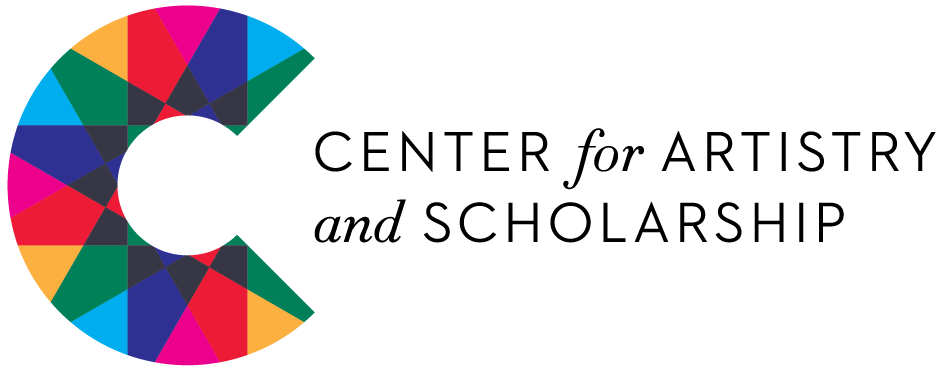Leaders Learning From Leaders
Participants in the Perrone-Sizer Institute for Creative Leadership (PSi) experience a range of school and community-based settings as part of PSi’s monthly cohort sessions, and they have the opportunity to engage in deep conversation with experienced, passionate, innovative leaders about the realities of guiding schools and organizations toward revolutionary change.
This month, we visited schools led by two Boston Public School headmasters, who are also members of PSi’s faculty, Dr. Lindsa McIntyre of the Jeremiah E. Burke High School in Grove Hall, and Dr. Hervé Anoh of the Mary Lyon Pilot High School in Brighton.
At the end of our two-day session, which included observing classrooms and public spaces at the Burke during the school day, and looking for artifacts and making inferences about the culture of Mary Lyon from an exploration of the empty school on a Saturday, we invited PSi cohort members to share the most compelling pieces of “leadership wisdom” they heard from our hosts and guest faculty, Dr. McIntyre and Dr. Anoh.
Here’s a brief distillation of the wisdom that participants are taking with them.
From Dr. McIntyre:
Lead from the heart. Our students won’t learn from us if they don’t think we love them.
To disrupt the status quo, you need to build the will of your community to achieve a positive shared vision.
Get the right people “on the bus” with you. Recruit and cultivate like-minded faculty and staff who like students and believe in their potential. Trust and share leadership with your team and create a psychologically safe space for them to thrive and grow. (Adults need to know you love them, too.)
Treat partners as members of the community, not just as visitors, and remember, most partners don't connect to the school. They connect with the leader.
From Dr. Anoh:
Never stifle our students’ creativity in the interest of compliance or the compartmentalized boxes of the prevalent model of schooling.
Students need to know your story if they are going to trust you with their stories.
You don’t manage schools; you organize school communities.
Getting people on board for your revolution requires finesse and patience. You need to be clear about the public value of your vision, build capacity to achieve it, and get those with the power to either support or thwart you on board.
Don’t underestimate the importance of mentors.
And their challenge to PSi’s emerging leaders? If it's not out there, create it. If we want to create the schools our students deserve, we need to suspend what we know in order to create something that does not (yet) exist.


